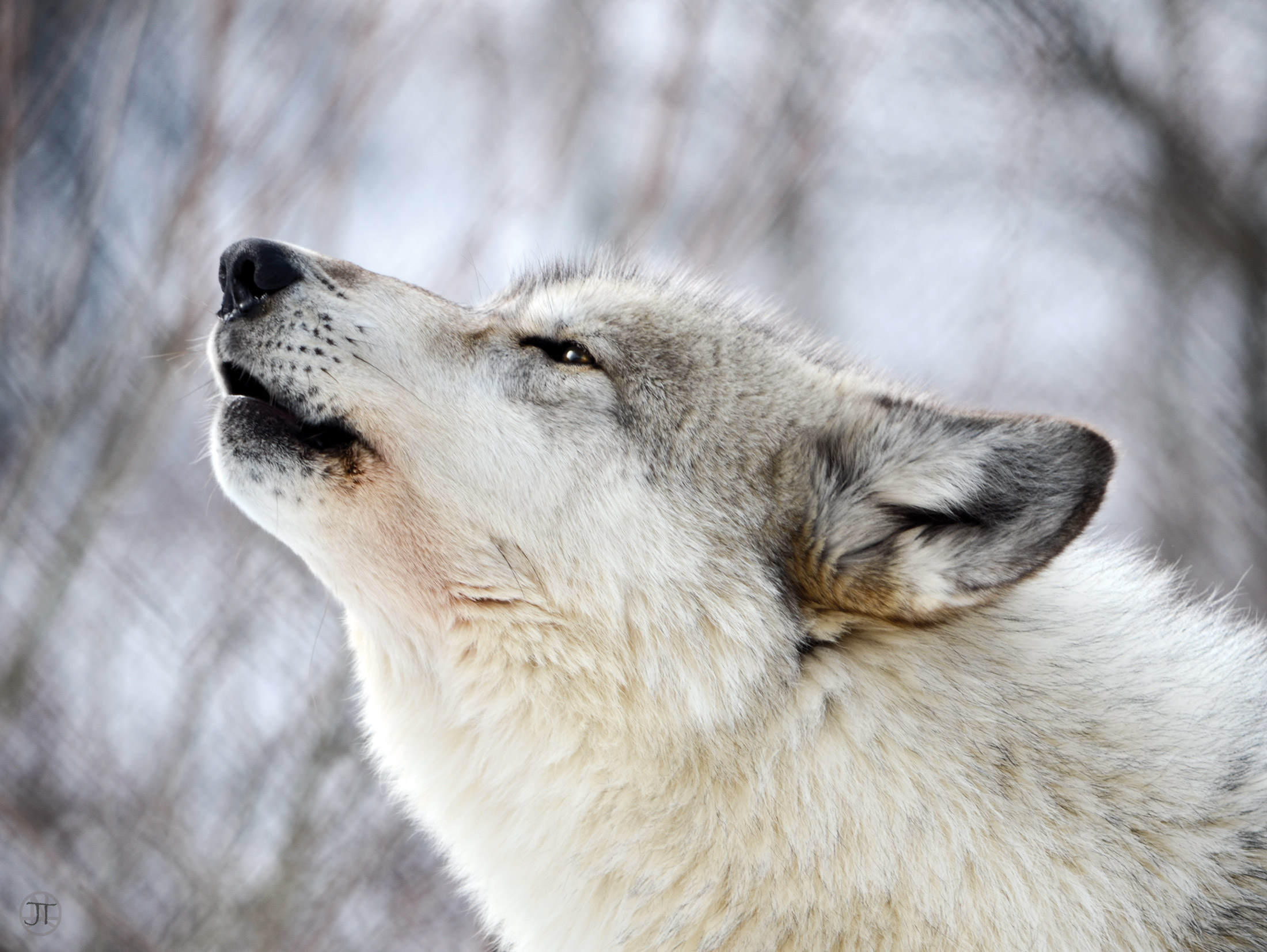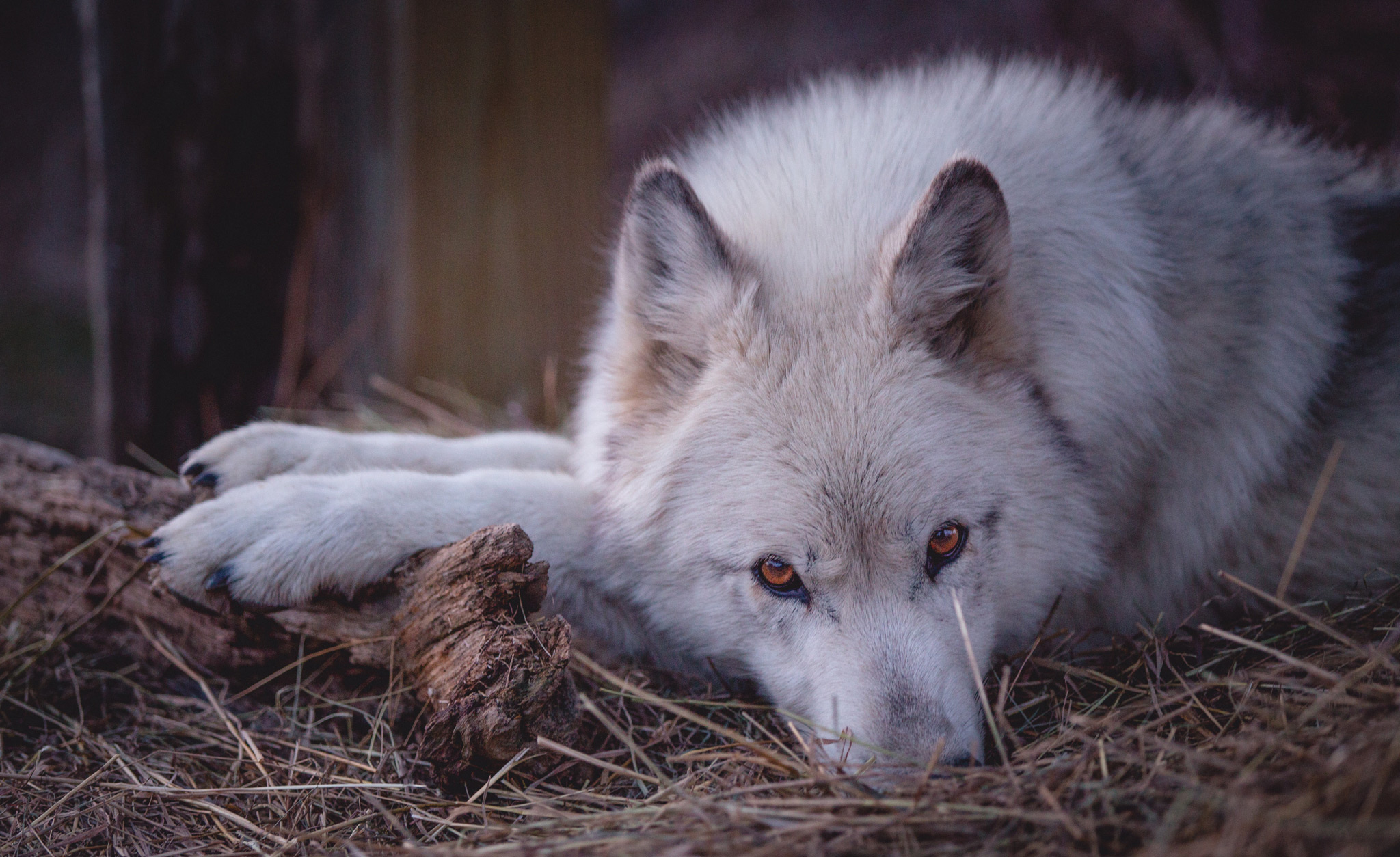As the bus turns down the winding gravel driveway, the haunting sound of howling—unsettlingly close—welcomes 35 Suffolk University freshmen to Wolf Hollow.
Greeting buses is one of the only times the seven wolves at the Ipswich, Massachusetts, sanctuary reliably howl as a group, says facility director Zee Soffron.
The pack used to respond to the calls of educational visitors, but that stopped with the passing of the group’s dominant male a few years ago. This complex social behavior is part of what intrigues researchers like Suffolk University Associate Professor and Biology Chair Lauren Nolfo-Clements.
Her course, Fido the Friendly Wolf: A Natural History of Dogs, tracks the evolution of canines through domestication — exploring how they went from pack hunters to pugs.
It’s part of the Seminar for Freshmen series of courses that offer new students unique opportunities to immerse themselves in the college experience by exploring exciting, provocative, or timely topics in-depth. Seminars encourage students to engage with the world outside the classroom, from the streets of Boston’s Beacon Hill to the wild acres of Wolf Hollow.
The pack used to respond to the calls of educational visitors, but that stopped with the passing of the group’s dominant male a few years ago. This complex social behavior is part of what intrigues researchers like Suffolk University Associate Professor and Biology Chair Lauren Nolfo-Clements.
Her course, Fido the Friendly Wolf: A Natural History of Dogs, tracks the evolution of canines through domestication — exploring how they went from pack hunters to pugs.
It’s part of the Seminar for Freshmen series of courses that offer new students unique opportunities to immerse themselves in the college experience by exploring exciting, provocative, or timely topics in-depth. Seminars encourage students to engage with the world outside the classroom, from the streets of Boston’s Beacon Hill to the wild acres of Wolf Hollow.





